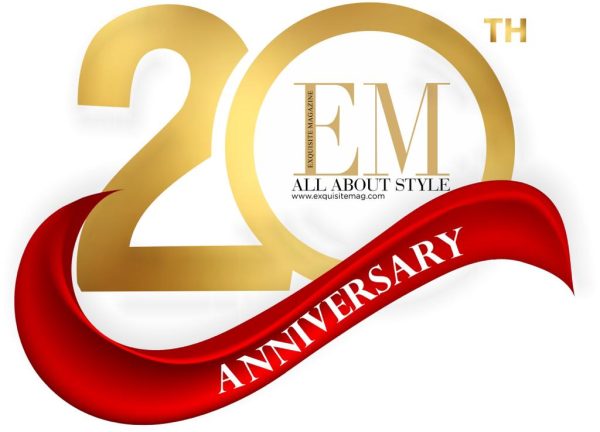Springing up from a tradition that uses only natural and harsh-free ingredients to create clear, glowy, and natural-looking skin, the Korean skincare and beauty industry has evolved through multiple generations to become better and more popular today. An umbrella term for skincare products that are derived from South Korea, Korean Skincare has gained popularity in major countries including East Asia, Southeast Asia, South Asia, and the West, with a key focus on health, hydration, and an emphasis on brightening effects. The major focus of this article is to study the introduction and use of Korean skincare and beauty products in Africa, the similarities between skin structure, and their suitability for black women.
Korean Skincare Products in the African Terrain
Just like the South Koreans, the value Africans have placed on physical attractiveness can influence the self-esteem, interpersonal and romantic relationships of a young person. This simply means there is a meeting point between the skincare culture of both continents. However, gradually, Africans are now buying into the Korean skincare culture. South Korea has the highest rate of cosmetic surgery per capita, and this is due to the tough beauty standards in the country as it has become the destination for nip and tuck tourism. Discussing the Korean skincare products in the African terrain will not be much of an issue as both share a similar skincare routine and belief. The Korean beauty standards in the 21st century place much value on a youthful look and appearance of moisture on the skin, which has led to a preference for creams over powders.
Although there is a high standard of beauty in South Korea, their products have proved to be effective on black skin. This is a result of the natural ingredients used to produce these products. Natural sources like green tea leaves, orchid, soybean, snail slime, morphing masks, bee venom (an anti-inflammatory “faux-tox” alleged to relax facial muscles), and pig extract make up the ingredients used for these products. These natural sources have been known to work suitably with black skin. Secondly, the African and Korean skincare regimens are similar, with a regimen that includes a series of steps including cleansing rituals (with oil and water-based products), sheet masks, essences, serum moisturizers, cushion compacts, fermented products, and SPF 35 sunscreen. One can see the similarity in both product regimens on Youtube and even on Instagram skincare and make-up tutorial videos. African beauty and lifestyle content creators like Dodos Uvieghara, Dimma Umeh, and Kamsi Nnamani all use similar regimens and products to demonstrate the effectiveness of these regimens.

Acen Beauty, Re.vive
A notable fact is that African skincare producers use similar products which further attests to the fact that using Korean skincare products is suitable for black skin. For example, Acen Beauty uses 8% Niacinamide, 2% B5 1% HA with Moringa seed extract to produce the Re.vive serum, which hydrates, improves texture, and brightens the skin.
Another example of an African skincare brand is Arami Essentials. To bring multitasking beauty essentials with integrity from the Lushlands of Africa to the world, this brand shares a similarity with the Korean culture of sourcing ingredients from natural sources. For example, the Arami HLR; a brightening product for restoring tone, texture, and radiance is made of date palm extract (anti-aging), alpha arbutin (brightening), niacinamide (texture), hyaluronic acid (hydrating). As discussed above, all these four factors; anti-aging, brightening, texture, and hydrating are also the pillars of the Korean skincare industry, with this there is a form of connection between both industries which makes their skincare product suitable for Africans.

Arami, HLR Serum
Skin Structure Similarities
Globally, the ratio of people of skin color makes up the majority of the world population, while Asian subjects comprise more than half of the earth’s total population. Recently, there has been rising calls for more studies to address both genetic and phenotypic differences among the racial groups and. In all of these studies, the most obvious ethnic skin difference relates to skin colour dominated by melanin. The photoprotection this polymer provides influences the rate of skin aging changes between different racial groups.
In 2021, Nigerian Grace Okafor launched Dr. Gio Cosmetics, a K-beauty line for darker skinned women. The contrast in this is that the amount of melanin present in the Caucasian skin is higher than that of the Asian skin. However, the launch of this line further proved the suitability of Korean skincare for the African skin. The Korean skincare market has grown exponentially and is expected to be worth US$13.9 billion by 2027 according to Allied Market Research. One obstacle however to the growth of this line is the limited offerings for darker skin. In her debut product; the Ultra 7 Brightening Foundation Cushion, contained ingredients including Centella asiatica, hyaluronic acid and Shea butter, the Shea butter addition was from Nigerian roots showing a mix of the Korean and African skincare.















